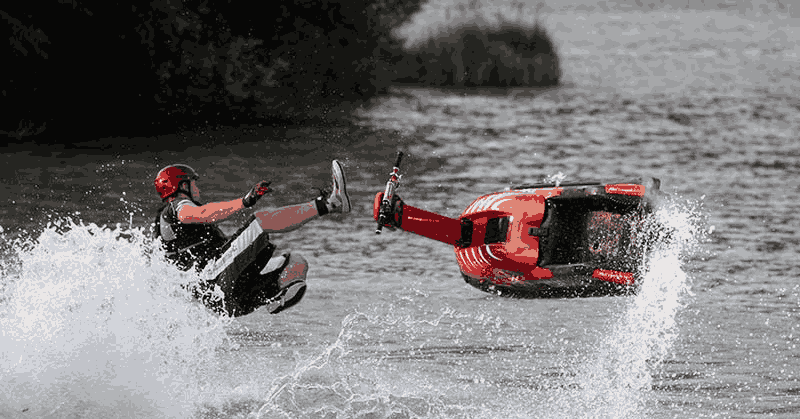What Is the Leading Cause of PWC Accidents? Personal Watercraft (PWC) are exhilarating to ride, offering speed, agility, and adrenaline-pumping fun on the water. However, this excitement comes a responsibility to understand and mitigate the risks associated operating these vessels. One of the most critical aspects of PWC safety is identifying the leading causes of accidents to prevent them from occurring. In this article, we disclose the primary factors contributing to PWC accidents and explore ways to enhance safety on the water.
Understanding the Leading Cause of PWC Accidents
PWC accidents can result from various factors, including environmental conditions, operator error, mechanical failures, and collisions other vessels or objects. However, statistical data and research consistently point to one predominant factor as the leading cause of PWC accidents: operator error.
What Is the Leading Cause of PWC Accidents? – Key Factors
1. Inexperience:
Many PWC accidents involve inexperienced operators who lack the necessary skills and knowledge to safely maneuver the vessel. Without proper training and education, novice riders may struggle to control the PWC, leading to accidents such as collisions, capsizing, or ejection from the craft.
2. Reckless Behavior:
Another significant contributor to PWC accidents is the reckless behavior exhibited by operators. This includes excessive speed, erratic maneuvering, and engaging in dangerous stunts or maneuvers. Reckless operators not only put themselves at risk but also endanger others sharing the waterway.
3. Lack of Situational Awareness:
Operating a PWC requires constant vigilance and awareness of one’s surroundings. However, many accidents occur due to a lack of situational awareness, where operators fail to anticipate hazards or navigate safely amidst other watercraft, swimmers, or obstacles.
4. Failure to Follow Safety Guidelines:
Ignoring safety guidelines and regulations is a common mistake among PWC operators. This includes neglecting to wear personal flotation devices (PFDs), disregarding speed limits and no-wake zones, and operating under the influence of alcohol or drugs.
Enhancing PWC Safety
Promoting safety on the water requires a collaborative effort involving PWC operators, manufacturers, regulatory agencies, and boating communities. Here are some strategies to enhance PWC safety:
1. Education and Training:
Providing comprehensive education and training programs for PWC operators can significantly reduce the risk of accidents. These programs should cover essential topics such as operating techniques, safety procedures, navigation rules, and environmental awareness.
2. Mandatory Safety Equipment:
Enforcing the use of mandatory safety equipment, including PFDs, whistles, and fire extinguishers, can mitigate the severity of accidents and improve emergency response capabilities.
3. Regulatory Oversight:
Implementing and enforcing strict regulations governing PWC operations, including speed limits, age restrictions, and alcohol consumption laws, can deter reckless behavior and promote responsible boating practices.
4. Public Awareness Campaigns:
Launching public awareness campaigns to educate boaters about the importance of safety, environmental conservation, and respect for others sharing the waterway can foster a culture of responsible boating.
Transition: By prioritizing education, enforcement, and public awareness, stakeholders can work together to address the leading cause of PWC accidents and create safer waterways for everyone to enjoy.
Conclusion
In conclusion, operator error remains the leading cause of PWC accidents, highlighting the importance of promoting responsible boating practices and enhancing safety measures on the water. By addressing key factors such as inexperience, reckless behavior, situational awareness, and compliance safety guidelines, we can reduce the incidence of accidents and create a safer boating environment for all. Remember, safety should always be the top priority when operating a PWC, ensuring enjoyable and worry-free experiences on the water for years to come.
More on AmplifyGlobe
Discover the secrets behind the rich cultures of the Aymaraes, the Nuckelavee, and the Gancanagh. Furthermore, there are the Kazakh, the Sami People, the Ainu of Japan, the Adivasi, the Akha People, and more on AmplifyGlobe.
